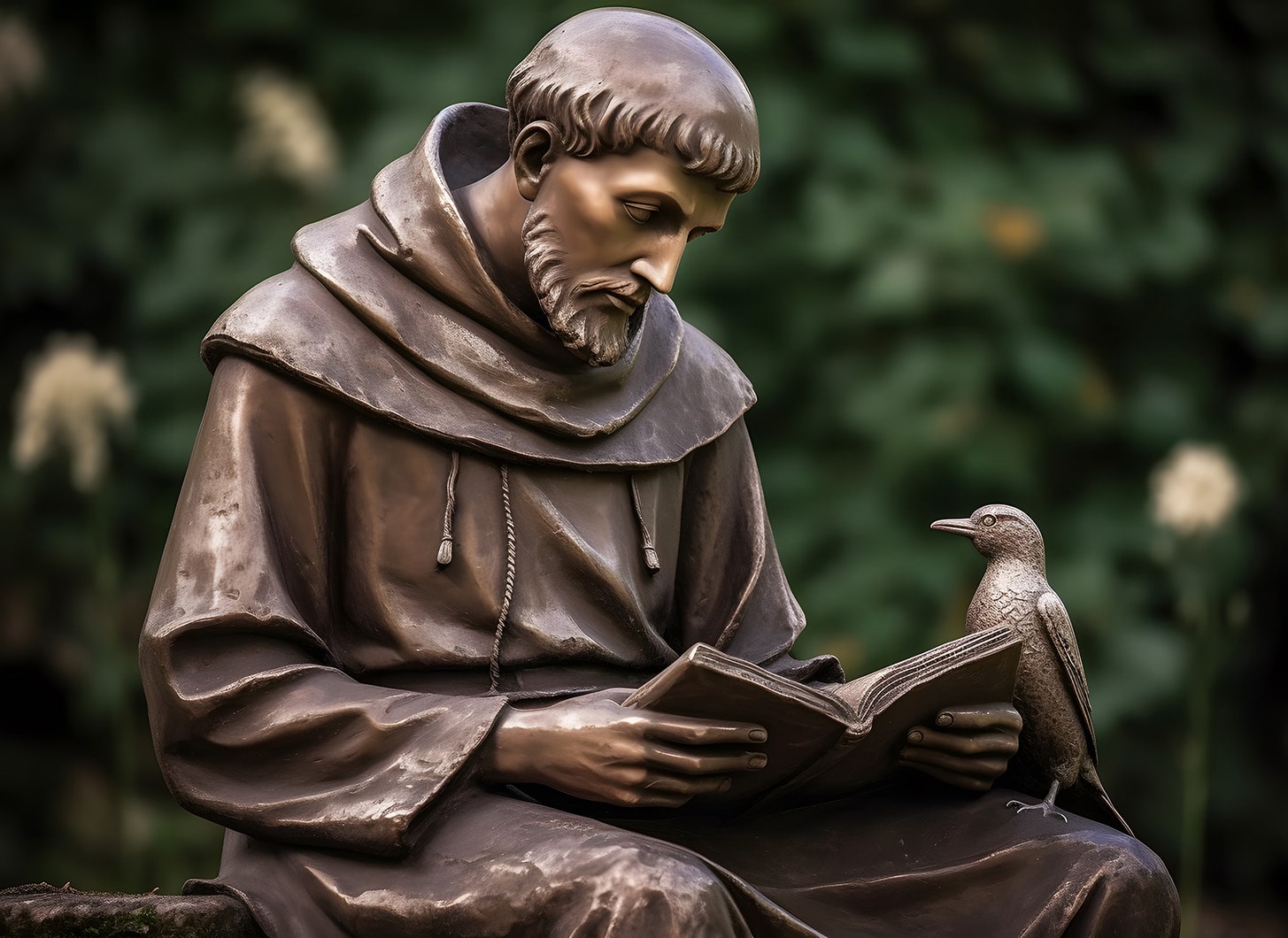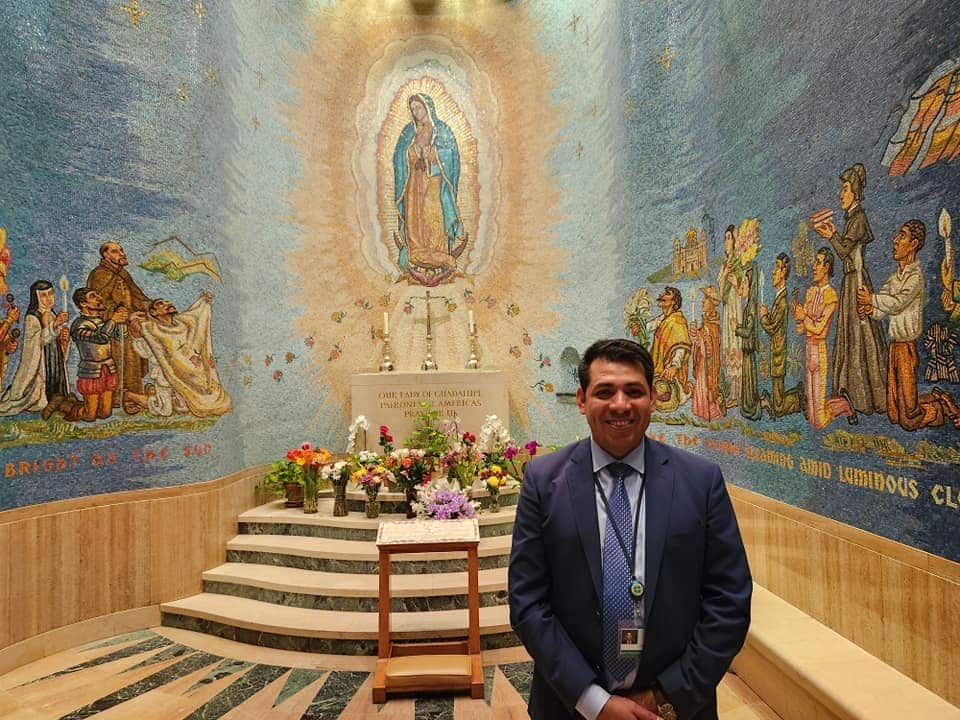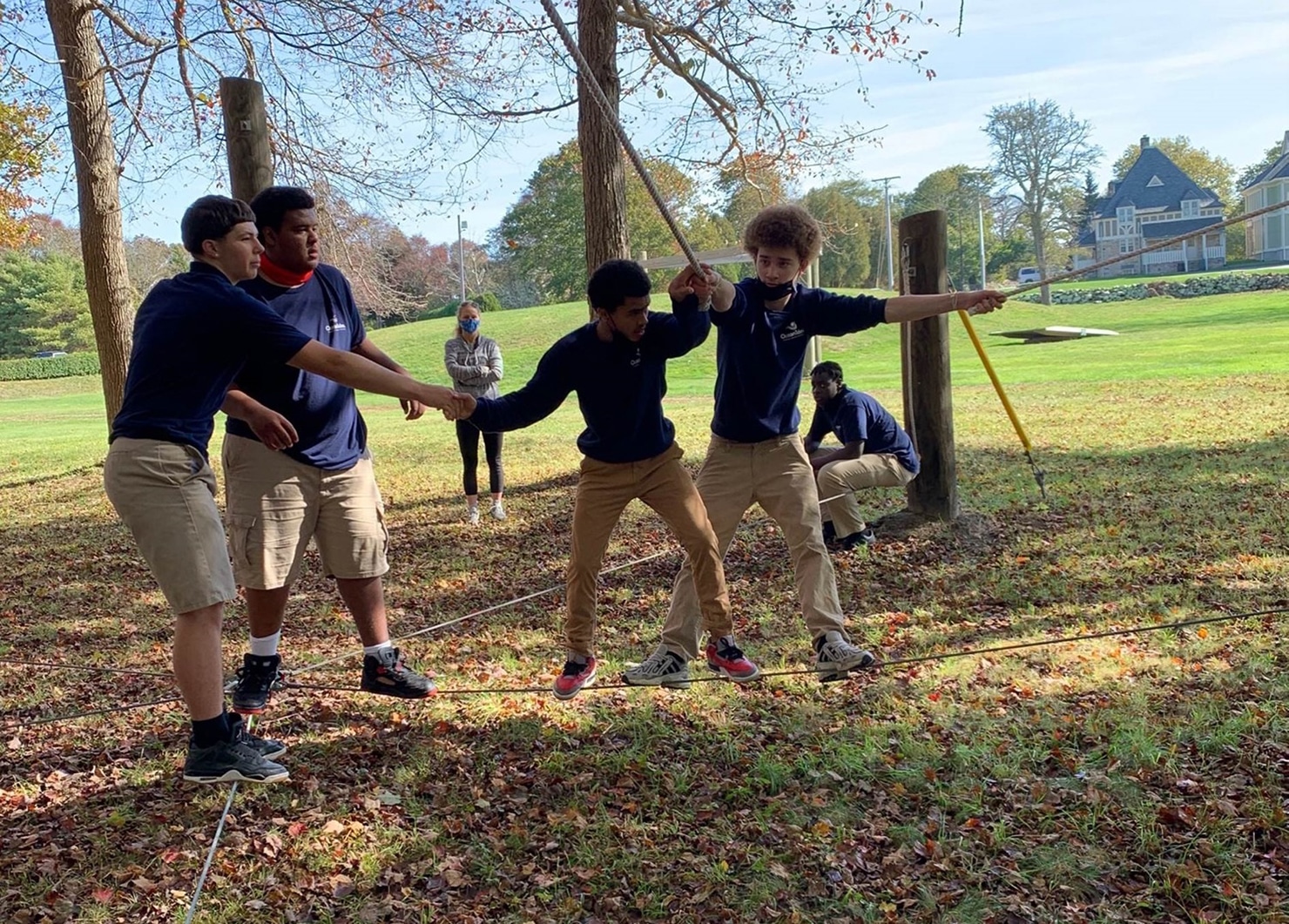People should befriend their guardian angels, according to an expert on the topic.
“This is not dissimilar to how we have human friends,” Mark Miravalle, author of the 2017 book “Time to Meet the Angels,” told Our Sunday Visitor. “What do we do to a good friend? We, first of all, communicate.”
Miravelle, who teaches theology at both Franciscan University of Steubenville in Ohio and Ave Maria University in Florida, listed ways that Catholics can “meet” and cultivate relationships with their guardian angels ahead of the angels’ feast day on Oct. 2.
He began by defining guardian angels and their purpose.
“An angel is a created spiritual person without a body,” he said. “There’s nine choirs of the angels, but most commentators believe that most people get their guardian angels from the ninth choir.”
He named the nine choirs, each with different roles, as the Seraphim, Cherubim, Thrones, Dominions, Virtues, Powers, Principalities, Archangels and the Angels.
The guardian angels, Miravelle said, come from that ninth choir of Angels.
“The importance of the guardian angel is that God has seen it fit, in his generosity and mercy, to assign each one of us a being that is far more intelligent and higher on the created order than we are,” he stressed. “Their essential task is to see us home, so to speak, to get us home to heaven.”
Forming a friendship
In agreement, the Catechism of the Catholic Church, cites St. Basil on the topic: “Beside each believer stands an angel as protector and shepherd leading him to life.”
“I might add,” Miravalle said, “you don’t want to play chess with your guardian angel because they’ll blitzkrieg you in three moves.”
Humanity can take advantage of this, as our angels guide us, he said. He went on to recommend actions Catholics can take to befriend their guardian angels: Acknowledging their existence, communicating with them, cultivating and expressing love for them, and incorporating them into our daily lives, including by seeking their guidance.
“I think that’s the way we bring the angel into our hearts: is to acknowledge them, to pray to them regularly, and to become more habitually used to calling upon them in all needs, even very small needs, because our angels are there for those as well,” he emphasized.
To establish a friendship, Catholics should communicate with their guardian angel by praying to them daily, Miravalle said.
For people who shy away from the traditional guardian angel prayer because they feel it lacks sophistication, Miravelle suggested they write their own prayers.
“Otherwise, pray that guardian angel prayer, which hits all the essential aspects of communicating with our guardian angel,” he said. “It establishes his existence. It asks for his intercession and protection.”

Loving our guardians
While communicating with their guardian angels, Miravelle encouraged Catholics to cultivate and express love for them.
“That’s only if we do have a love,” he said. “That means sometimes we need to start with small steps, in terms of acknowledging that we do have an angel, making sure we pray to the angel daily, and then to become more habitually established in calling on our guardian angel in times of need, times of temptation, times when we have questions about our vocations, times when we don’t know what the correct decision is.”
Seeking guidance from our guardian angels, Miravelle said, benefits us as human persons.
“Because, in fact, our guardian angel knows more about us than we know about ourselves,” he said. “This is what God has given the angel to properly direct us, in things of morality, in things of vocation, and even … in areas of suffering.”
Uniting through suffering
Catholics can also help their guardian angels, according to Miravelle.
“The one area we could help our guardian angel is in the area of redemptive suffering,” he revealed, citing Colossians 1:24.
“Now, our angels can’t do that,” he commented. “Why? Because angels can’t suffer. They don’t have bodies.”
Referencing St. Thomas Aquinas, he added: “It’s a bit of the envy of the angels, the ability to do things like fasting or offer our sacrifices of physical sufferings.”
But, Miravalle said, they can help. Guardian angels can inspire people to help them in the order of suffering, as a united element, he said. While they are unable to suffer, they can encourage people to be more generous in suffering.
“That we endure our sufferings better and also those allow that suffering to be united with the cross of Jesus and secondarily with Our Lady, and, in that way, graces of redemption can be released,” he said. “This is the great mystery of how our offering of our sufferings can actually lead to someone else’s salvation.”
A special treat
To cultivate a love for guardian angels, Miravalle offered one last recommendation: Spending time before the Blessed Sacrament on their feast day.
“If you wanted to give your angel a special treat, do more Eucharistic adoration,” he said. “Because, in a real sense, when you’re adoring Jesus in the Eucharist, the angel can join you in adoring, which is so natural to his angelic nature, and he can also protect you.”
For Oct. 2, he suggested spending extra time in adoration.
“That’s the best way you can ‘treat’ your angel,” he concluded, “which allows them to be proximate to Jesus and adore and also, ultimately, to be best custodian of you.”







